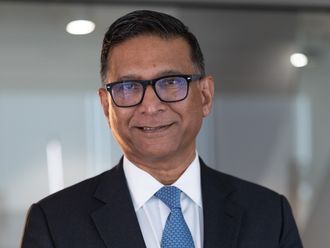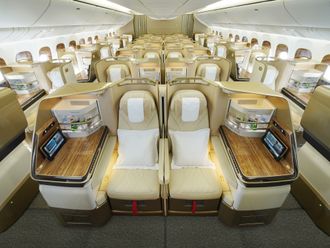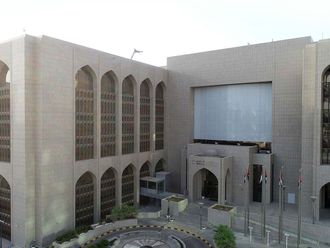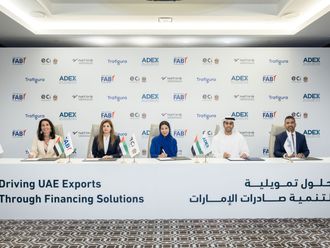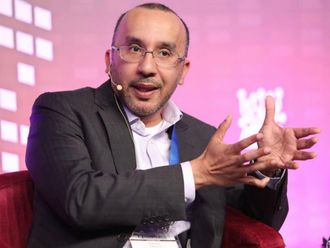Kabul: Afghanistan has frozen the assets of leading shareholders and borrowers at Kabul Bank, officials said Tuesday, throwing graft-riddled Afghanistan's top private bank into crisis and sparking long queues of anxious investors.
Afghanistan is one of the world's most corrupt countries and President Hamid Karzai's seeming inability to attack graft will be a major issue at a September 18 parliamentary election. The United Nations estimates graft costs Afghans $2.5 billion (Dh9.2 billion) a year.
The central bank on Monday ordered frozen the assets of Kabul Bank's former chairman, Sher Khan Farnood, and chief executive officer, Khalilullah Fruzi, together with those of several other shareholders and major borrowers.
"This basically stops the sale of their assets until the situation becomes clear," said Aimal Hashoor, the central bank's spokesman.
Corruption is one of the most common complaints from ordinary Afghans and Washington fears widespread graft is boosting the Taliban-led insurgency and complicating efforts to strengthen central government control so US and other foreign troops can begin withdrawing.
Last week, US media reported the central bank had taken control of Kabul Bank, forcing Farnood and Fruzi to resign and ordering the chairman to hand over $160 million worth of luxury villas bought with bank funds abroad.
The Afghan government and the central bank governor have both rejected the allegations, denying that the central bank had stepped in and saying Farnood and Fruzi had stepped aside in line with new financial regulations.
Farnood and Fruzi both own a 28 per cent stake. One of Karzai's brothers and the brother of one of his two vice-president are also major shareholders.




